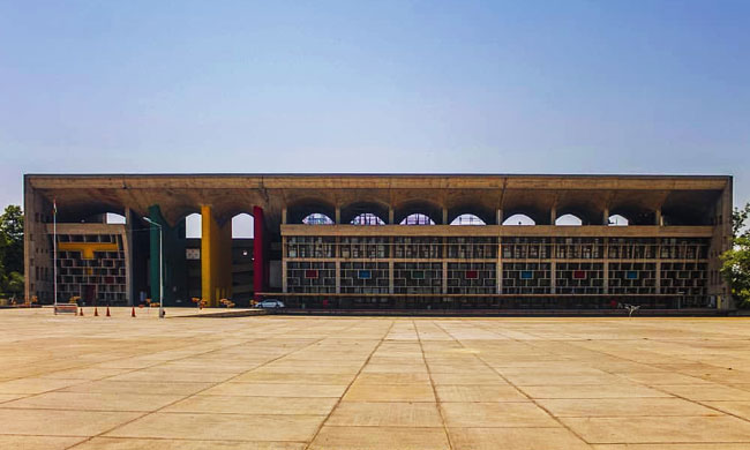S. 124 of Finance Act, 2019 Not Violative of Article 14: Punjab & Haryana High Court
Parina Katyal
17 Feb 2023 10:00 AM IST

Next Story
17 Feb 2023 10:00 AM IST
The Punjab and Haryana High Court has upheld the constitutional validity of Sections 124(2) and 130(2) of the Finance Act, 2019, which deal with the ‘Vivad se Vishwas Scheme’ (VSV Scheme), dismissing the contention that the said provisions were violative of Article 14 of the Constitution of India since they deny refund to the assessee/ declarant even if the amount already deposited by...
